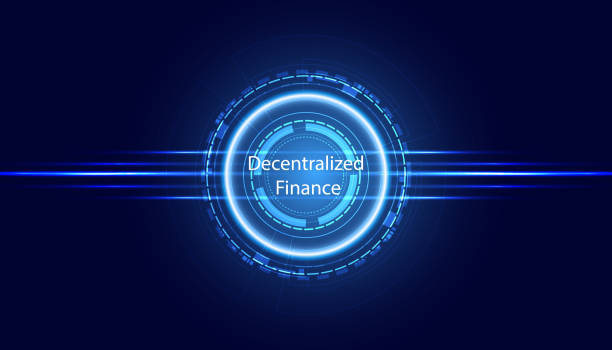The developed world is sat on huge sovereign debts. Before the crash of 2008, any country with a debt to GDP ratio about 60% was considered likely to default. This is why the Maastricht treaty set one of its entry criteria at this limit for EU members.

South American countries economies used to go down the plug hole at this level of debt as regular as clockwork. Now not one developed country of any scale has a ratio lower, not even Germany.
An economy in this state can do three things to get out of a debt mess:
1) Rationalise: cut state spending and grow and rebalance the ratio. It might even pay down the debt at some point if there was a miracle. This never happens.
a. Pros
i. It is prudent
ii. It works
iii. It is a strategy for economic health.
b. Cons
i. The pain gets the implementing government voted out
ii. Requires grit, determination and hard work
iii. The government is the worst offender in inefficiency and won’t execute.
2) Inflate: whereby it holds down state costs, creates inflation and erodes the debt by rebasing the nominal value of it by debasing the value of money. This is the old way of doing business.
a. Pros
i. Easy, even Zimbabwe can achieve this
ii. Can create a short term boom if needed to earn re-election
iii. Familiar to state on execution
iv. Has worked since Roman times
v. Sustainable and has no antidote.
b. Cons
i. Central banks independent and formed to stop governments doing it
ii. Creates social unrest and bad headlines
iii. Hard to do in a German run EU
iv. Creates administrative chaos
v. Old people suffer and they vote.
3) Deflate: it can lower interest rates to zero to create financial repression, recapitalise banks who lend back to the government to spend creating more debt
a. Pros
i. Supports massive debt levels as investors have no alternative to lending to government
ii. Makes for strong currency and good headline
iii. Savings of the old, who vote, increase in value
iv. Supports structural inertia and inefficiency so government fits in just fine.
b. Cons
i. Industry suffers and has to work hard to stand still (their job anyway?)
ii. Young people drained for sake of old. Birth rate drops further accelerating population decline
iii. Stock market dies off
iv. No one having fun
v. Unsustainable
vi. Unknown end game likely to be spectacular in a bad way.
Of course there is nothing to stop applying the first strategy of rationalisation with either strategy 2 or 3, but democratic states will follow the line of least resistance and their bureaucracies the line of least effort.
As such the road ahead for the west is either inflation in an attempt to reset the debt or deflation along the Japanese road of never-ending depression.
The key is to realise neither inflation or deflation is hard to reverse. If a country needs help creating inflation it just needs to call up the Zimbabwe finance minister for advice. If it wants deflation just don’t print so much money or better still go on the gold standard or just copy the Bank of Japan.
What you see on the high streets of the west is the long term strategy of the state. It’s no accident. As such you should invest accordingly.


 Hot Features
Hot Features













